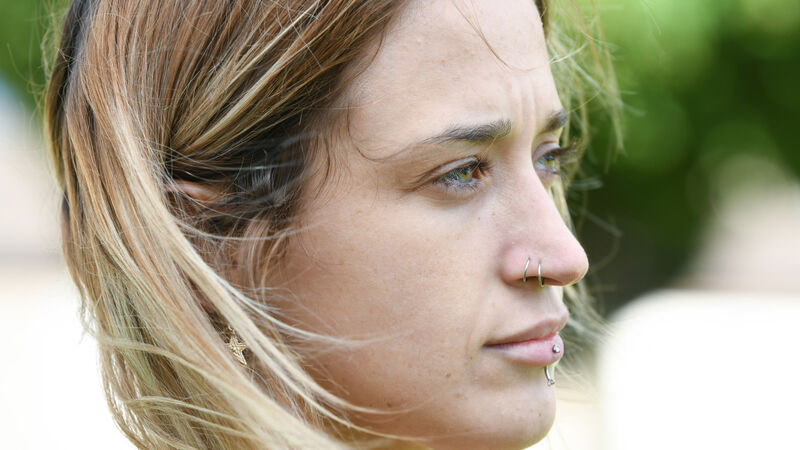'I was only 19 when Tusla told me to go, and I was thrown on the scrap heap'

Áine Gough Forde lost her aftercare place after she was forced to drop out of full-time education. Picture: Moya Nolan
A 22-year-old woman who has been warned by doctors that she could die because of her severe anorexia says she was forced to leave the aftercare system as she was too ill to complete her education.
The aftercare system is the support available for young people who leave the foster care system when they turn 18. While it is available until people turn 23, it requires young people to remain in education in order to meet the criteria.











